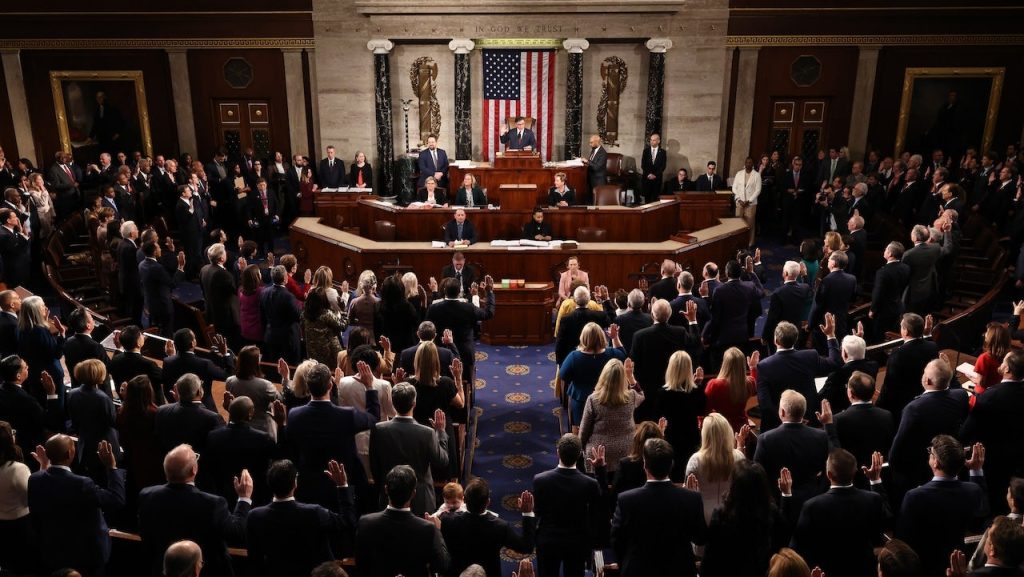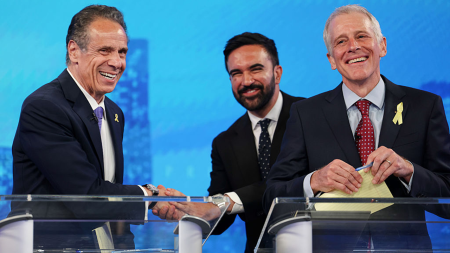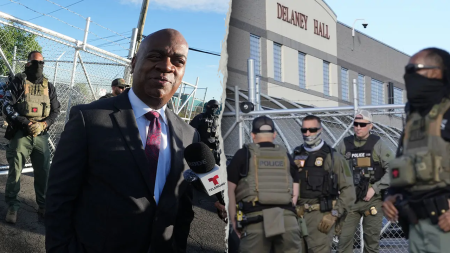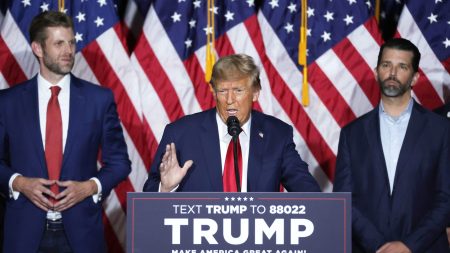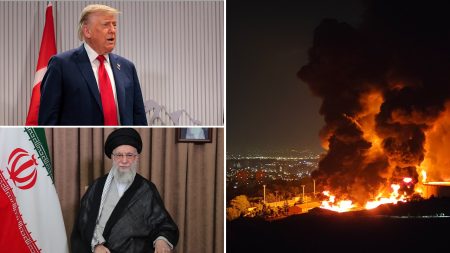The upcoming Joint Session of Congress on Monday holds significant weight as it marks the official certification of the 2024 presidential election results. This quadrennial event, typically a routine affair, has transformed into a high-security operation in the wake of the January 6th Capitol riot and the subsequent challenges to the 2020 election certification. Heightened security measures are evident with the erection of ten-foot fences surrounding the Capitol complex, extending beyond the usual perimeter to encompass areas like Russell Senate Park. This underscores the ongoing concern about potential disruptions and the commitment to ensuring a secure and peaceful transition of power.
A notable aspect of this process is the tradition of the outgoing Vice President presiding over the certification, even in cases where they were on the losing ticket. Vice President Harris, in her capacity as President of the Senate, will fulfill this duty, echoing historical precedents set by figures like Richard Nixon and Al Gore. This act of certifying their own defeat exemplifies a crucial element of American democracy: the peaceful transfer of power and respect for the electoral process, regardless of personal outcome. It underscores the commitment to upholding the Constitution and the will of the voters.
The 12th Amendment to the Constitution outlines the procedure for Congress to sign off on election results. It mandates a Joint Session where both the House and Senate convene in the House chamber, with the Speaker of the House and the President of the Senate (Vice President Harris) presiding. While both leaders share the dais, the Vice President effectively orchestrates the proceedings. Such joint sessions are rare, typically reserved for receiving the President’s State of the Union address and certifying election results. With the recent election of Speaker Mike Johnson, the House is prepared to convene this session alongside the Senate.
The atmosphere surrounding this year’s certification stands in stark contrast to previous years. The events of January 6, 2021, irrevocably altered the perception of this traditionally ceremonial event. This year, stringent security protocols are in place, including restricted vehicular traffic, limited access to congressional buildings, and the suspension of official Capitol tours. These measures aim to mitigate any potential threats and ensure the safety of those involved in the certification process. The heightened security reflects the lessons learned from the 2021 insurrection and the ongoing need to protect the democratic process.
The certification process itself involves a carefully choreographed sequence of events. Speaker Johnson will call the House to order, followed by the arrival of Vice President Harris and the senators. Members of the House Administration and Senate Rules Committees, serving as tellers, will assist in tabulating the electoral votes. Vice President Harris will then declare the authenticity of the electoral certificates. The process will continue with the reading of each state’s electoral vote count, starting with Alabama. Each state’s electoral votes will be announced, confirming the allocation of votes for the presidential and vice-presidential candidates.
Several key legislative changes have been implemented since the 2020 election, significantly impacting this year’s certification process. The Electoral Count Reform and Presidential Transition Improvement Act of 2022 clarified the Vice President’s role, emphasizing its ministerial nature and removing any ambiguity about their authority to influence the outcome. This act aimed to prevent any future attempts to manipulate the certification process, as witnessed in 2021. The new law also streamlines the judicial review process for electoral disputes and raises the threshold for congressional challenges to a state’s electoral slate, requiring one-fifth of House members and one-fifth of Senate members to initiate a challenge. This change makes it significantly more difficult to contest election results and aims to prevent frivolous objections.
The 2024 election results are not contested, and no significant challenges to the Electoral College are anticipated. Despite the heightened security measures, authorities do not foresee any disruptions or violence similar to 2021. This year’s certification is expected to conclude within an hour, a stark contrast to the prolonged process in 2021, which extended into the early morning hours. Vice President Harris will formally declare Donald Trump as the winner and dissolve the Joint Session, paving the way for his second term as President of the United States. The peaceful and orderly certification will reaffirm the strength of American democratic institutions and the commitment to the peaceful transfer of power.
Following the certification, the inauguration ceremony will take place two weeks later, on January 20, 2025. Chief Justice John Roberts will administer the oath of office to President-elect Trump on the West Front of the Capitol. This event will mark the official commencement of his second term, culminating the electoral process and reaffirming the continuity of American governance. The inauguration ceremony will symbolize the peaceful transition of power and the enduring principles of American democracy.




